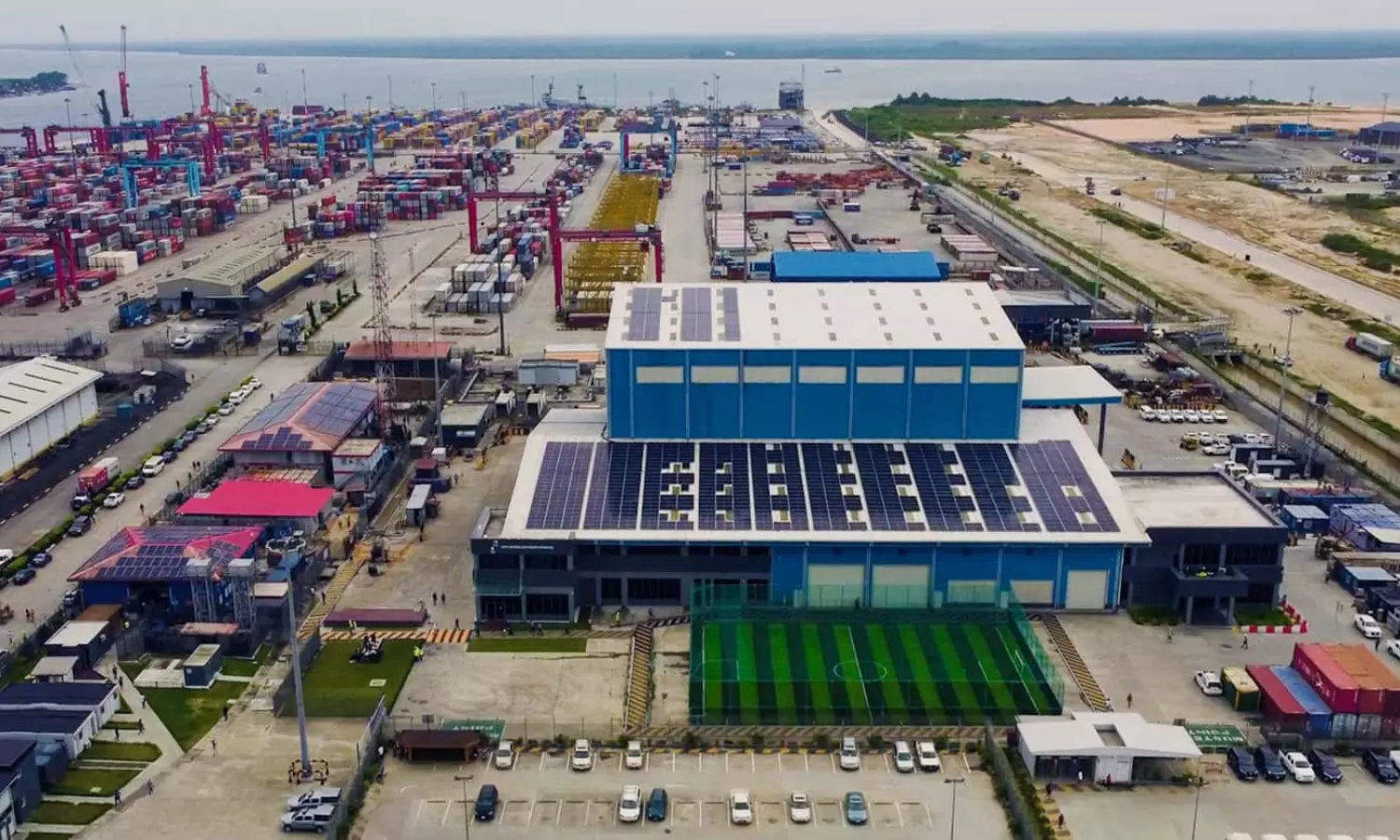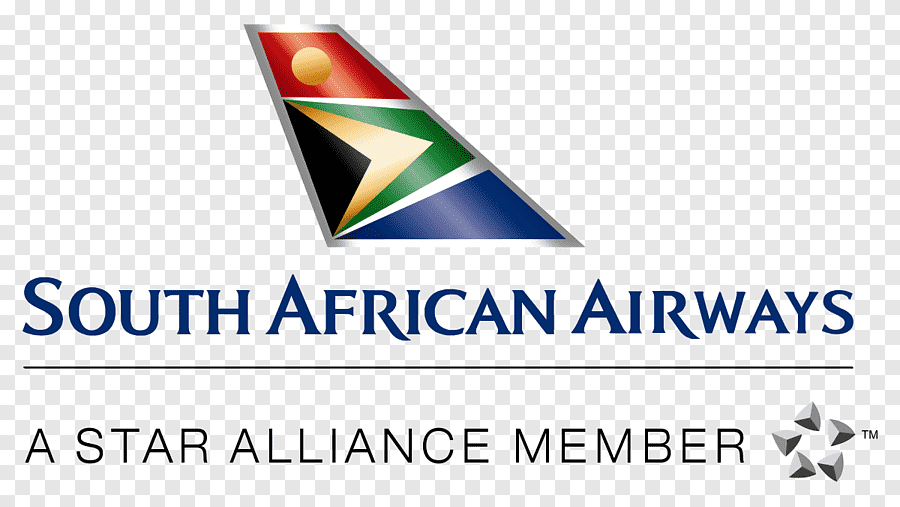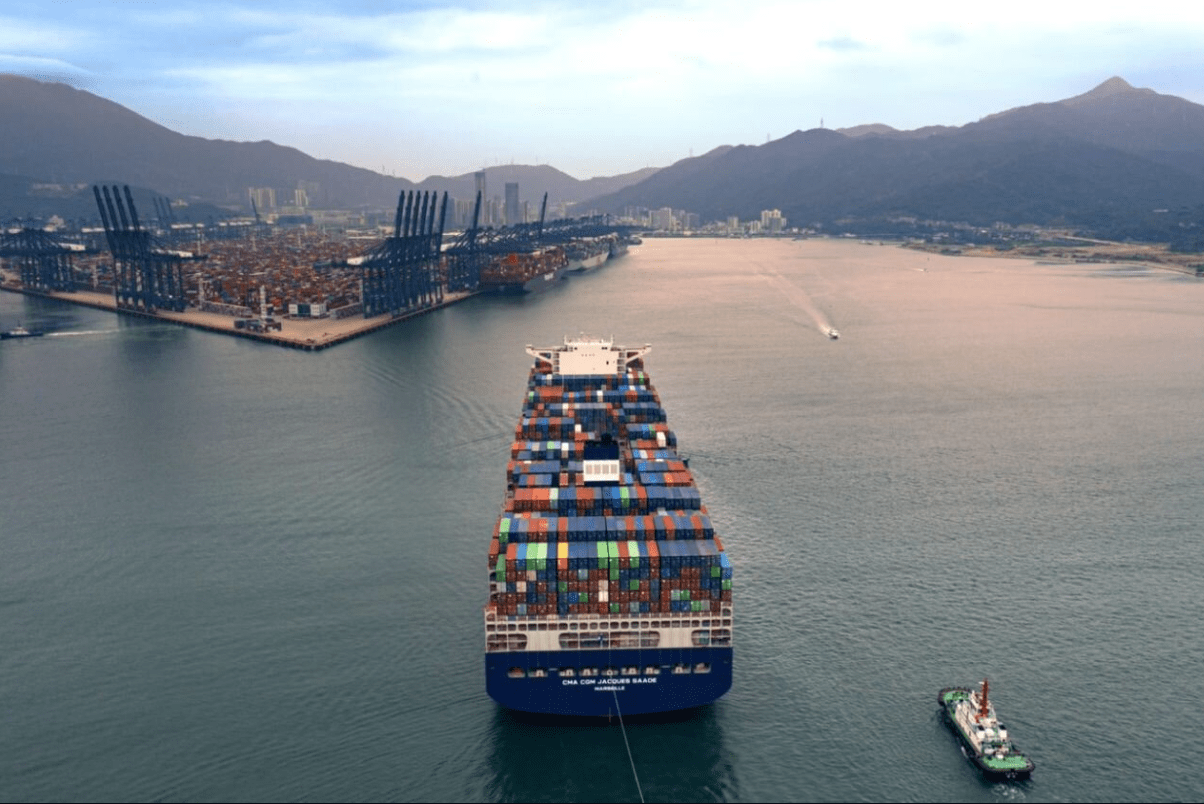Logistic

Logistics firms urge government to implement incentives ahead of full liberalization

The government permitted foreign companies to hold up to a 49 percent stake in Ethiopia’s logistics industry around six years ago. Additionally, it has been said that the entire liberalization would be adhered to.
The Ministry of Transport and Logistics alluded to the sector’s involvement in the process of opening up Ethiopia’s economy to international investors during the most recent panel discussion.
Local logistics firms that Capital accessed on the matter said that foreign investment in the industry is essential to maintaining sophisticated logistics operations, which, in turn, supports the economy.
One of the few experts on maritime law and a consultant, Yared Shiferaw, stated that completely opening up the industry to competition is an important step.
He noted that a few years ago, the government made certain decisions on the industry: “it was also a very big step taken by the government.”
“However, the performance did not meet expectations because there were foreign players involved to a certain extent,” he continued.
The multinational behemoths DHL Express of Germany, CMA CGM, and Bolloré Africa Logistics, both of France, have been operating joint ventures in Ethiopia since the market’s partial opening.
Rather than permitting the conducting of business to be a part of the entire logistics business, Yared, a former long-serving head of the legal department of the state-owned firm Ethiopian Shipping and Logistics (ESL), said that full liberalization should be applied to see improvements.
“Partial opening would not be fair and attractive for global actors because companies that may have interest in the Ethiopian market would be very big players in the global business, and the sector, by its nature, is transboundary,” he told Capital.
“The fact that foreign investors were not given full access to the logistics sector is one of the reasons for less progress in that area,” he added.
He was grateful that one of the main concerns voiced by international investors had been addressed by the most recent macroeconomic reform.
Yared said, “One of the issues raised by interested foreign investors was the repatriation issue, which is now resolved.”
In order to draw in the desired foreign investors, he said, “other laws shall be improved in accordance with the principle ‘when the music changes, so does the dance.’”
Yared and other prominent figures in logistics, such as Dawit Woubishet, the President of the Ethiopian Freight Forwarders and Shipping Agents Association (EFFSAA) and head of WoubGet Holdings, asserted that the government has to prioritize domestic investment before allowing the logistics industry to flourish.
They argued that the logistics industry should require some form of assistance to rise to its position, much as other local businesses, such as the banking and telecom industries, have received protection from the government to maintain their positions in the face of global competition.
Yared stated that, in order to increase local capacity, the government should offer a variety of incentives, such as tax-related packages.
The industry participants told Capital, “The local sector needs crucial improvement in digitalization and technology.”
According to industry experts, the logistics sector depends on the use of the newest IT systems and software, and the government should help local businesses grow their capabilities in this and other key areas.
According to them, “Local investors must transform the sector one step ahead of liberalization in order to compete with or collaborate with global players.”
Yared stated, “It is essential to incentivize local investors in order to achieve progress.”
During the Tuesday, October 8 panel discussion, the President of EFFSAA, who favored sector liberalization, advised authorities that the government needs to assist local logistics players in bridging their gaps, just as it did for other sectors in the banking and telecom industries.
Anteneh Alemu, Vice President of EFFSAA and CEO of Pave Logistics and Trading PLC, stated that the government should give the logistics industry more focus. “For example, the government is now offering certain incentives for cool chain investment, which is still in its infancy. But generally speaking, the country requires a large number of vehicles for logistics that are not being adequately supported.”
According to him, there are additional stringent requirements that are challenging for lone investors to fulfill.
He clarified, saying, “There is a perception to see asset ownership and service provision as a single investment, which is difficult for Ethiopian players to meet the criteria.”
He added that the modern logistics sector requires enormous resources that cannot be satisfied by a single investor.
He emphasized that in order to increase local capacity and modernize the logistics industry in line with the sector’s opening up, the government should offer a number of incentives.
As an association involved in the consultation to open up the sector, Mesfin Tefera, the industry guru and a board member of EFFSAA, states that “The process will be answered by further study carried out by the government, but we are not an appropriate body to comment on the issue at this stage.”
The marine lawyer remarked, “I don’t think the sector will be opened very soon since there is a limitation at the regulatory body and some preconditions should be fulfilled.”
Although it was partially opened a few years ago, the logistics industry is one of the sectors that was restricted to foreign investors.
The government has recently permitted foreign companies to engage in some sectors, such as the dry port and multimodal industry.
The administration has often expressed its willingness to welcome international actors; yet, the industry is still not fully open.
With the assistance of international partners, the government has conducted many studies to liberalize the industry in an effort to relieve the bottleneck impeding overall economic growth.
Regarding the significant policy change, the administration is allowing foreign competitors to enter the economy. The commerce and telecommunications industries have formally opened to foreign investors thus far.
With the new proclamation anticipated to be ratified by the end of this year, the financial industry is expected to involve foreign participants.












